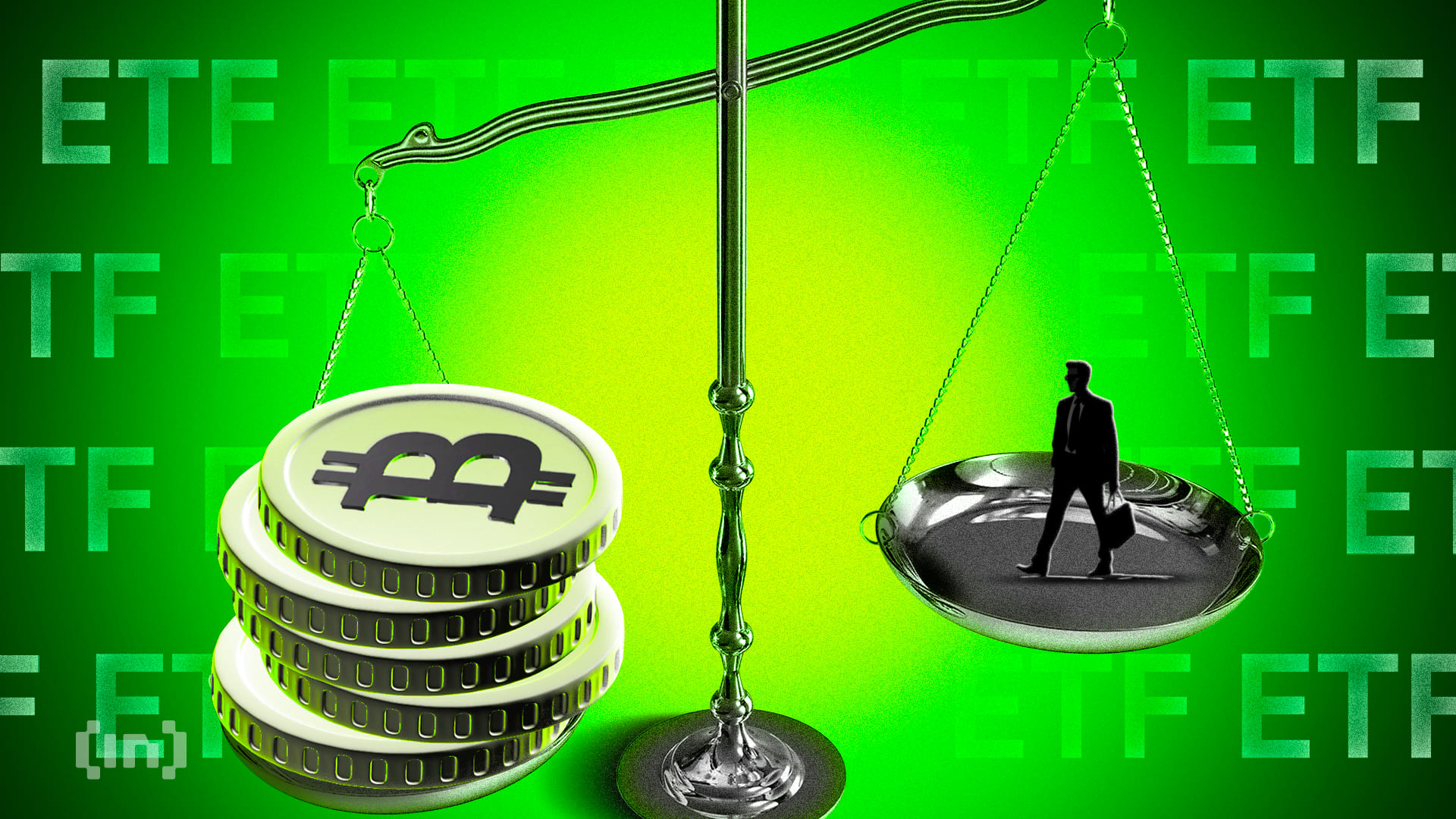The US Securities and Exchange Commission (SEC) is inching closer to broader crypto ETF approvals, thanks to new listing standards centered on derivatives markets.
This comes only days after the securities regulator approved in-kind ETF redemptions, allowing investors to swap tokens directly with issuers.
Crypto ETFs Get Derivatives-Driven Framework Under New SEC Standards
According to a fresh exchange filing, the SEC now allows exchange-traded funds (ETFs) for cryptocurrencies with futures contracts listed for at least six months on either Coinbase Derivatives or the Chicago Mercantile Exchange (CME).
Bloomberg ETF analyst Eric Balchunas called the new rule a “pretty big deal,” explaining that it essentially opens the door to ETFs on roughly a dozen altcoins, many of which already had high approval odds.
“Any coin that has futures tracking it for over six months on Coinbase’s derivatives exchange would be approved,” Balchunas wrote on X (Twitter).
According to the ETF analyst, while CME futures are valid, Coinbase Exchange’s derivatives marketplace has more coins than the CME (Chicago Mercantile Exchange), an American derivatives marketplace.
Based on this, Balchunas says it is easier to use Coinbase since it includes the CME ones too. This development follows the SEC’s recent approval of in-kind redemptions for Bitcoin and Ethereum ETFs.
Futures Markets Take Center Stage in ETF Eligibility
The decision aligned further with traditional financial infrastructure, setting the stage for more complex crypto products.
However, the path is not as straightforward for meme coins and less-established digital assets.
Balchunas emphasized that assets like Solana-based Bonk or Trump coin, which lack active futures markets, would require a more complex route through the Investment Company Act 1940 (40 Act), dubbed the “$SSK Maneuver.”
“So, we could see that too but in a different structure. History shows, 33 Act is preferred because it is pure spot,” Balchunas quipped.
This structure is more restrictive and contrasts with the 1933 Securities Act (33 Act), which governs most spot crypto ETFs. Reportedly, issuers prefer this structure for its simplicity.
James Seyffart, an ETF analyst, argued that the SEC is outsourcing its decision-making.
He indicates that proposed listing standards do not mention market capitalization, liquidity thresholds, or token float requirements. This means it is all about futures markets for now.
“The SEC pseudo outsourced the decision making for which digital assets will be allowed in an ETF wrapper. The CFTC is the primary decider of what asset can have futures contracts, and having futures is the primary requirement of this rule proposal,” he wrote.
Until a spot crypto exchange becomes a member of the Intermarket Surveillance Group (ISG), Coinbase Derivatives remains the only “pure crypto” member, highlighting its critical role.
While the filing sets the framework, questions remain about timing. Balchunas estimates approvals could arrive as soon as September or October, depending on regulatory feedback and final rule implementation.
The rule change is now seen as a major milestone in crypto’s integration with mainstream financial markets.
It may not open the floodgates yet, but it offers a clearer roadmap for how more crypto assets beyond Bitcoin and Ethereum could gain ETF exposure in the coming months.
The post SEC Opens Door for More Crypto ETFs—But There’s a Catch appeared first on BeInCrypto.
